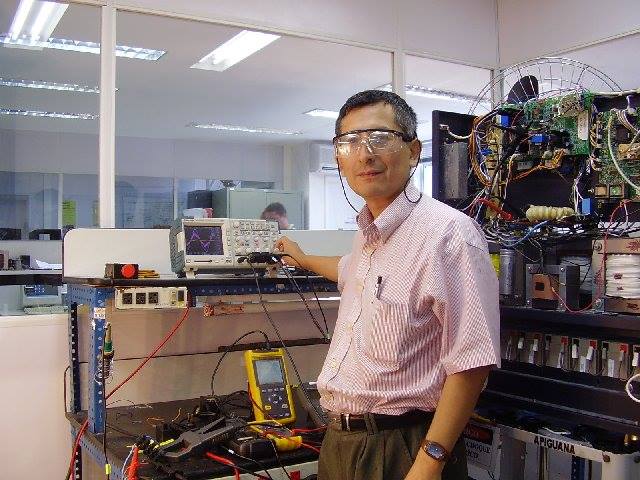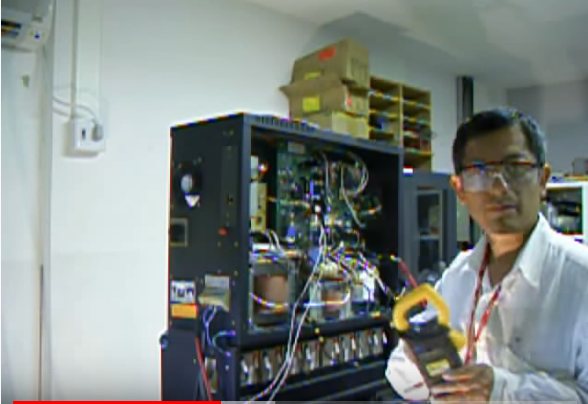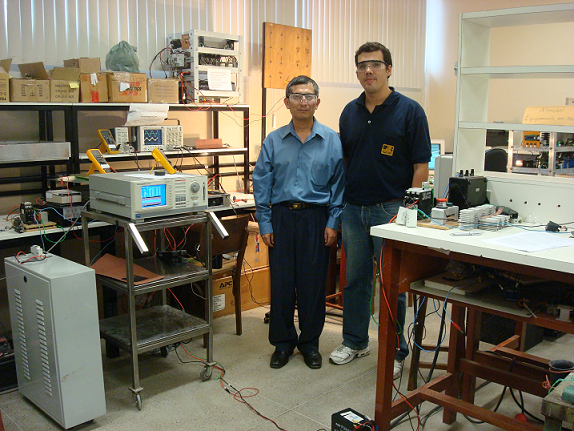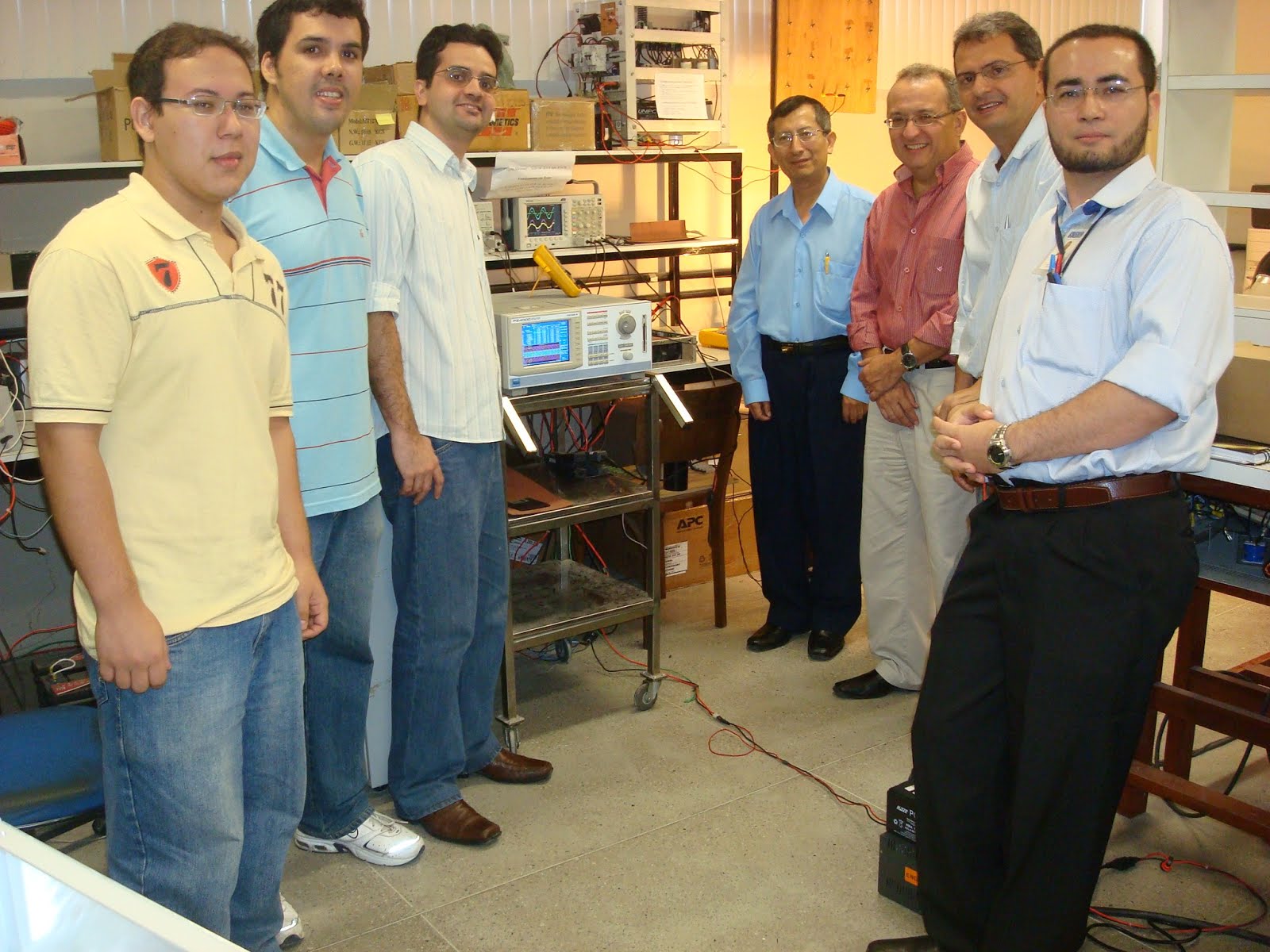The book gives a brief background material in the form of basic terms and relations, formulas, typical problems with detailed solutions and explanations, examples of application of the basic methods of calculation of electrical circuits in steady state and transient conditions, examples of problems with the use of programmable calculators. 4th edition (3rd-1982) completed tasks on the calculation of polynomial filters on the working parameters of the active RC circuits.OOK
LINK FULL BOOK
https://copy.com/K0f02uwx9WOsc6AT
















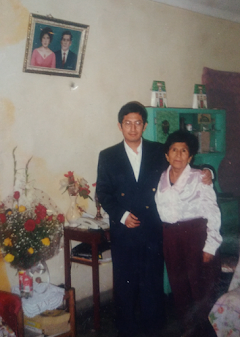
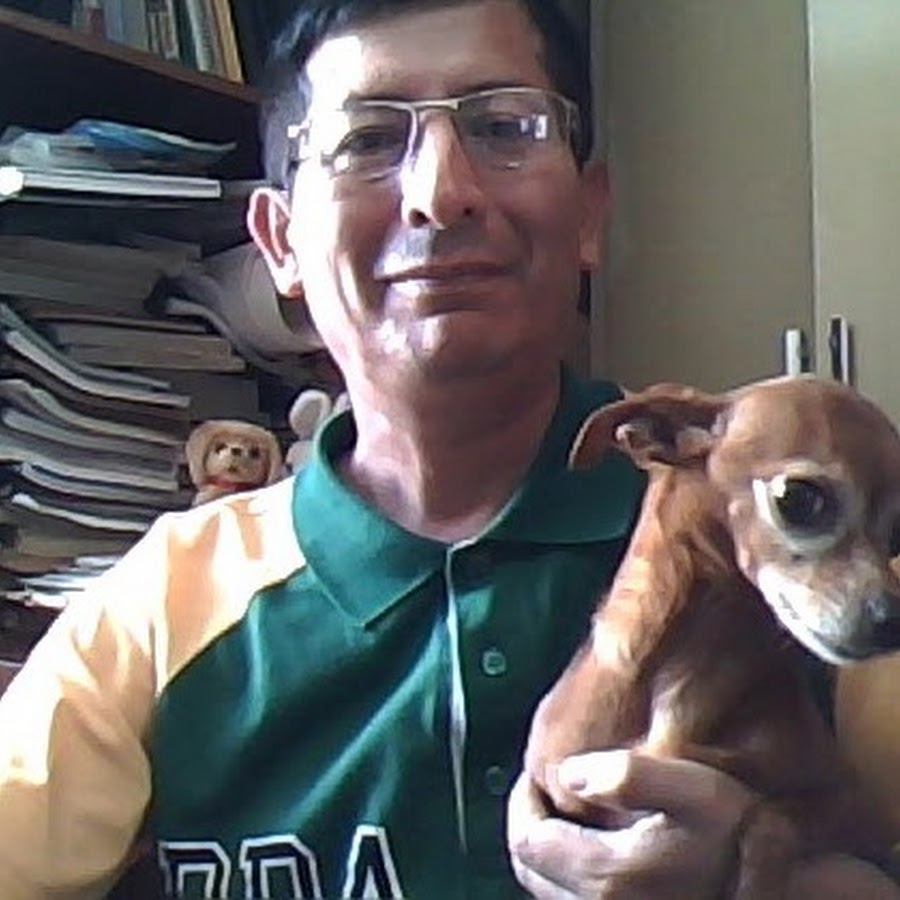





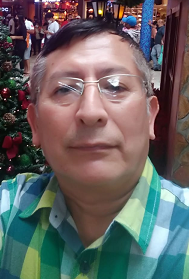




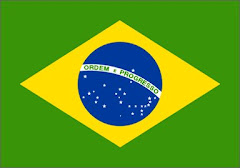
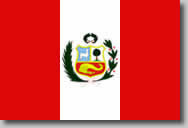






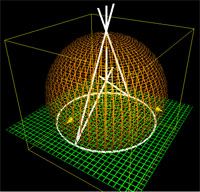


 JOSIL ARTISTA PLASTICO FORTALEZA CEARA BRASIL AV.HERACLITO GRAÇA 41 TEL(85)32542378
JOSIL ARTISTA PLASTICO FORTALEZA CEARA BRASIL AV.HERACLITO GRAÇA 41 TEL(85)32542378
